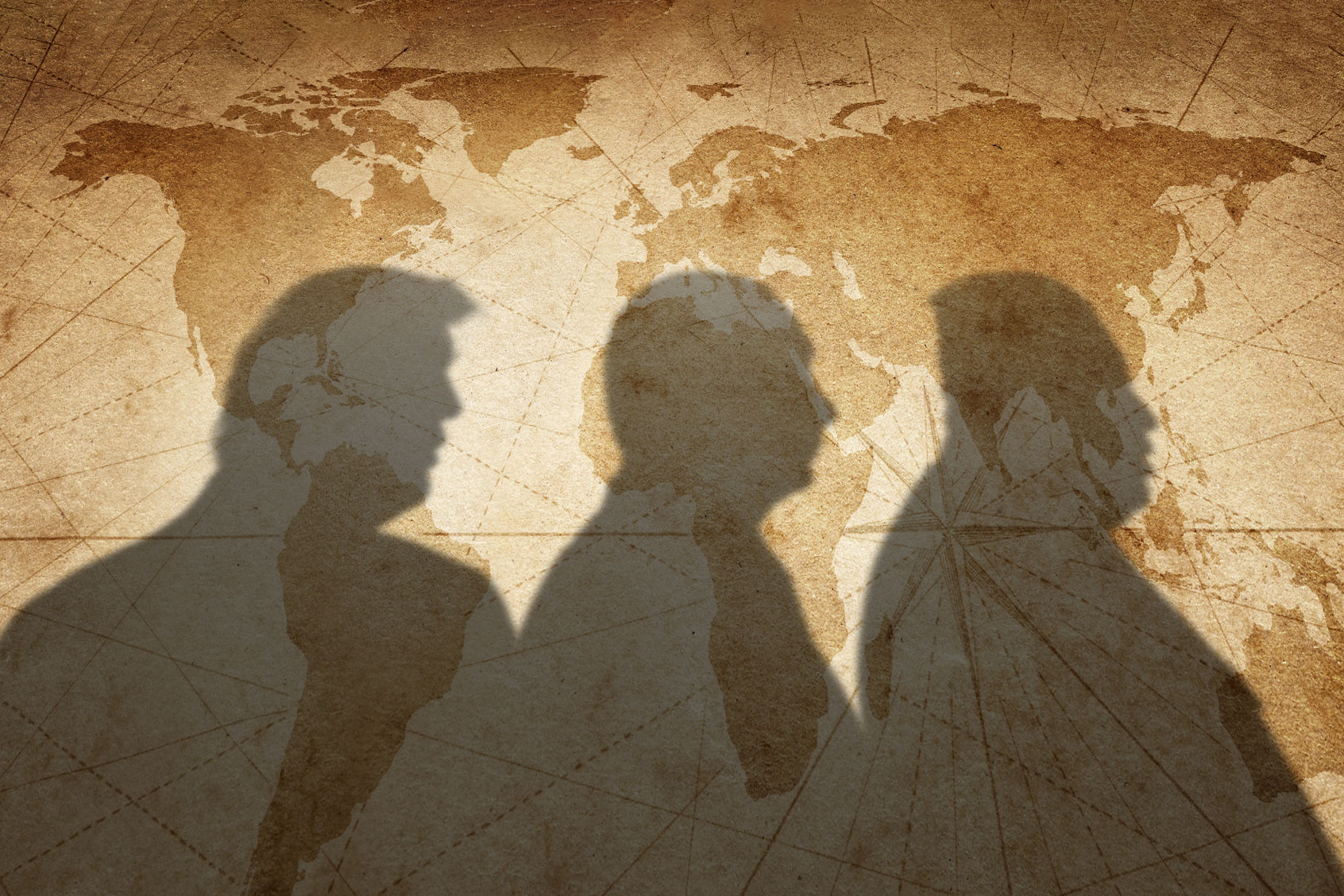World
Donald Trump’s Vendettas Target Global Order and Leaders Alike

Donald Trump has launched a broad attack on various figures and institutions, which he perceives as threats to his agenda. As of October 2023, his grievances range from notable political leaders like Barack Obama and Emmanuel Macron to organizations such as the Nobel Committee and the International Criminal Court (ICC). This pattern reveals a profound disdain for the liberal international order, despite the personal benefits he has derived from it throughout his business career.
Central to Trump’s vendettas is a consistent narrative of victimhood. He has expressed animosity towards the globalists—individuals and entities he believes have ostracized him. This group includes those he considers part of a “global country club” that has failed to recognize his contributions, such as the Nobel peace prize he sought but did not receive. His actions suggest a desire for retribution against these figures and institutions, whom he views as gatekeepers of a system that has marginalized him.
Trump’s opposition to the liberal international order has manifested in various ways. He initiated a global trade war, reduced U.S. humanitarian assistance, and pressured allies to prioritize military spending over social programs. His relationships with traditional U.S. allies, including Canada and many EU nations, have deteriorated significantly. Furthermore, he has imposed sanctions on the ICC, seeking to undermine its authority, while aligning himself with leaders who have ignored international norms, such as Vladimir Putin of Russia.
The damage to the United States’ reputation on the global stage is considerable. Long viewed as a central pillar of the liberal international order, the U.S. is now seen as engaging in self-inflicted wounds that many Americans, particularly those in the political center, find alarming. Yet, in certain circles, Trump’s actions have been met with enthusiasm. Elements of the right have historically opposed international institutions, viewing them as threats to national sovereignty. Trump’s presidency has emboldened these factions, leading to a consolidation of an “America First” ideology that seeks to eliminate soft power in favor of a more militarized approach.
Interestingly, some on the left have found common ground with Trump’s criticisms of globalism. Labor unions, for example, support his tariffs, hoping they will protect American jobs. However, this alignment is complicated by the broader implications of Trump’s policies, which many progressives see as perpetuating imperialist legacies. The U.S. Agency for International Development (USAID), for instance, has faced scrutiny from those who associate it with American imperialism, despite its role in delivering critical humanitarian aid.
As Trump prepares for the 2024 elections, the growing disdain for the liberal order serves as a rallying point for various factions. Both the far left and far right have found a common enemy in the concept of globalism, creating a curious alliance that transcends traditional ideological boundaries. This convergence is not about collaboration; it is rooted in a shared disdain for perceived elitism in international governance.
Amid these dynamics, the notion of multipolarism has gained traction. This concept envisions a world with multiple centers of power, a departure from the U.S.-centric model that has dominated since the Cold War. Philosophers and political theorists on both the right and left have embraced multipolarism, albeit for different reasons. Some view it as a means to counter U.S. hegemony, while others see it as a pathway to assert national sovereignty against globalist influences.
The BRICS nations—comprising Brazil, Russia, India, China, and South Africa—have emerged as a focal point for multipolar ambitions. Established in 2010, BRICS represents a collective effort to provide an alternative to Western-dominated financial institutions such as the World Bank and the International Monetary Fund (IMF). Advocates believe that BRICS could reshape global economics and governance, though skepticism remains regarding the bloc’s commitment to progressive values.
Critics argue that many BRICS members exhibit authoritarian tendencies and have questionable human rights records. The group’s collective stance on climate change also raises concerns, with several member countries heavily reliant on fossil fuels. As a result, the potential for BRICS to serve as a genuine counterbalance to Western power remains contentious.
As the political landscape evolves, the relationship between Trump’s rhetoric and the rise of multipolarism illustrates a shifting paradigm. While both elements challenge the status quo, their underlying motivations differ significantly. Progressives must be cautious not to conflate anti-globalist sentiments with genuine internationalism. The risk lies in endorsing regressive policies that prioritize sovereignty at the expense of global cooperation on pressing issues such as climate change and human rights.
In a world increasingly characterized by nationalism and isolationism, the need for a cooperative international framework is more critical than ever. The challenge for advocates of progressive internationalism is to articulate a vision that transcends the binary of left and right, promoting a shared commitment to addressing global challenges while resisting the allure of authoritarianism and regressive nationalism.
-

 Lifestyle4 months ago
Lifestyle4 months agoLibraries Challenge Rising E-Book Costs Amid Growing Demand
-

 Sports3 months ago
Sports3 months agoTyreek Hill Responds to Tua Tagovailoa’s Comments on Team Dynamics
-

 Sports3 months ago
Sports3 months agoLiverpool Secures Agreement to Sign Young Striker Will Wright
-

 Lifestyle3 months ago
Lifestyle3 months agoSave Your Split Tomatoes: Expert Tips for Gardeners
-

 Lifestyle3 months ago
Lifestyle3 months agoPrincess Beatrice’s Daughter Athena Joins Siblings at London Parade
-

 World3 months ago
World3 months agoWinter Storms Lash New South Wales with Snow, Flood Risks
-

 Science4 months ago
Science4 months agoTrump Administration Moves to Repeal Key Climate Regulation
-

 Science3 months ago
Science3 months agoSan Francisco Hosts Unique Contest to Identify “Performative Males”
-

 Business4 months ago
Business4 months agoSoFi Technologies Shares Slip 2% Following Insider Stock Sale
-

 Science4 months ago
Science4 months agoNew Tool Reveals Link Between Horse Coat Condition and Parasites
-

 Sports4 months ago
Sports4 months agoElon Musk Sculpture Travels From Utah to Yosemite National Park
-

 Science4 months ago
Science4 months agoNew Study Confirms Humans Transported Stonehenge Bluestones









